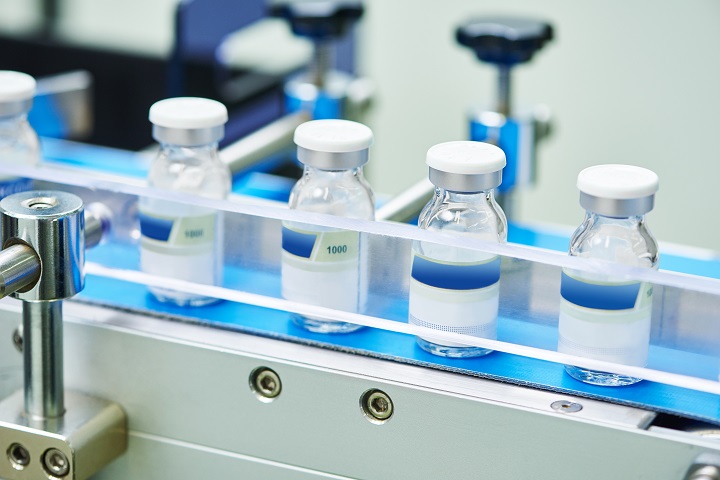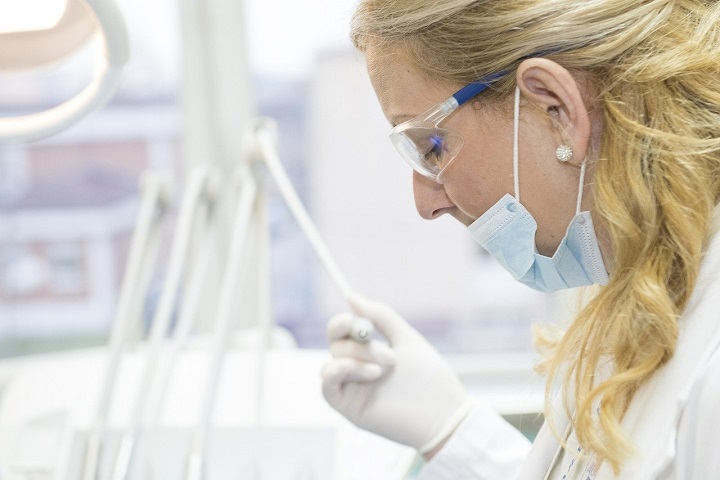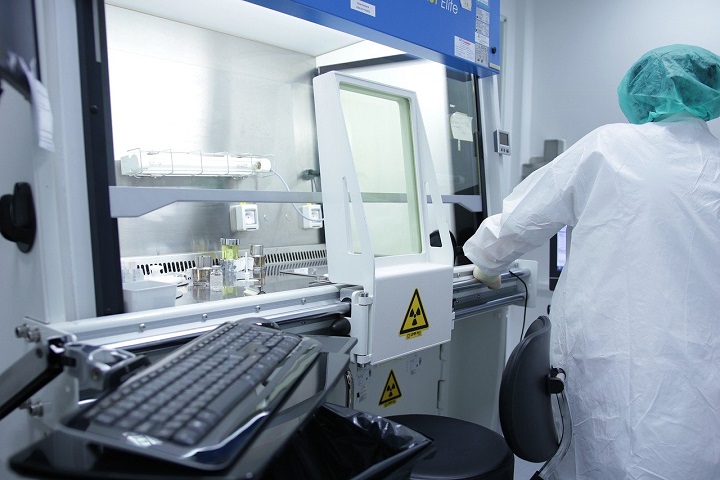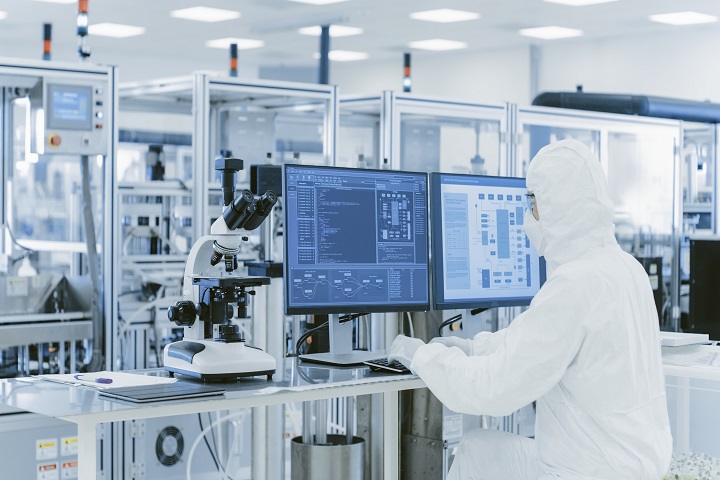Pharmaceutical companies need to ensure that their products comply with international and local bodies’ regulations and quality standards. It’s the reason why quality control is a crucial part of their primary process.
In realizing this, drug manufacturing companies conduct several activities, including running analysis on drug performance and sophisticated data modelling. They also perform chemical experiments in quality control laboratories and conduct external assessments.
Although drug manufacturing companies may delegate responsibilities, such as pharmaceutical testing, to other entities, like research organizations and third-party firms, the responsibility for quality control is theirs.
As such, everyone involved must understand the importance of maintaining quality control systems. Listed below are some of the reasons why quality control in the pharmaceutical industry is of utmost importance.

Table of Contents
1. To Ensure The Quality Of Different Raw Materials Used In Manufacturing
Quality control starts after the pharma company receives the materials. The materials, including prints, packaging, excipients, and active substances, usually come from different suppliers.
That being said, there should be an adequate established system for their receipt, testing, and storage.
The materials should be kept in a secure area after receiving them. There’s a proper way of storing them as well. They’re either differentiated depending on physical nature or arranged alphabetically.
The drug manufacturing companies should also keep a complete record of all these supplies. Expiry dates, lot numbers, labels, and proper containers should all be checked before any laboratory testing commences.
The samples are taken to the laboratory for testing. A “passed” name is fixed on the proper place in the material if it’s up to the mark. On the other hand, it’s kept in the area for rejected supplies if it’s substandard and eventually sent back to the supplier.
2. To Ensure Proper Design, Control, And Monitoring Of All Manufacturing Procedures
Pharmaceutical companies should comply with current good manufacturing practices (cGMPs), which are regulations enforced by the Food and Drug Administration to ensure manufacturing procedures.
The FDA routinely performs inspections in the facilities of drug manufacturing companies and reviews publicly generated product reports. Those that aren’t in compliance may be issued a warning and become subject to regulatory actions.
Violations can be addressed legally, and a court order can be granted for the seizure and disposal of drugs. The FDA, however, can’t force a pharma company to recall products already in the market.
When compliance isn’t met, patient health is at risk, especially if pharmaceutical products aren’t immediately removed from the market.
It’s the responsibility of pharma companies and the healthcare sector to reduce these risks by voluntarily ceasing the production, distribution, sale, or use of non-compliant products.

3. To Ensure Proper Personnel Recruitment And Training
All recruits in pharmaceutical companies must undergo on-the-job and induction training before performing routine activities.
Although the company’s human resources department may complete the necessary training, quality control still reviews training records, ensuring that the set training calendar is followed.
All personnel suiting a specific job role are selected and trained for the purpose. Even the in-house quality control analysts are also validated.
4. To Ensure Equipment Reliability
Quality control ensures that instruments and equipment used are qualified. Manufacturing and testing equipment must pass QC to make sure that a quality product gets consistently manufactured.
They’re calibrated, and calibration and qualification documents should be in place before use. Compressed gas and nitrogen gas generation and distribution systems, water systems, HVACs, and other critical utilities are also required for qualification.

5. To Ensure Product Sterility
Sterility tests commonly used in the pharmaceutical industry include contemporary rapid microbiological methods (RMM) and the methods described in the United States Pharmacopeia or USP sterility tests.
The practices described in USP sterility testing have long been considered the gold standard in detecting microbial contaminants in parental drugs.
The mandate from the FDA also requires pharmaceutical companies to ensure product sterility through USP protocols.
The methods are based on the observation of media turbidity because of the growth of contaminating microorganisms through membrane filtration or direct transfer-immersion sterility testing.
That being said, pharmaceutical manufacturing procedures must incorporate sterility protocols, such as end product microbial contaminant testing and filtration procedures, to fully ensure product sterility.
Conclusion
Quality control is, no doubt, a vital function of the pharmaceutical industry.
Drug manufacturing companies must test personnel, environments, techniques, equipment, processes, and materials thoroughly to ensure that their new drugs are predictable, consistent, effective, and, most importantly, safe for human use.
It’s a responsibility that all pharmaceutical companies should take and one that the healthcare industry should take seriously.
Tech Trends
Related posts
Leave a Reply Cancel reply
Hot Topics
Categories
- Ads (5)
- Animes (25)
- Artificial Intelligence (AI) (35)
- Augmented Reality (AR) (10)
- Automotive (9)
- Bitcoin (16)
- Blockchain (24)
- Business (244)
- Business Intelligence (3)
- Cloud Computing (23)
- Computer (128)
- Concrete Technology (1)
- Cryptocurrency (10)
- Cybersecurity (42)
- Data Science (9)
- Database (4)
- DevOps (6)
- Digital Marketing (76)
- Digital Workplace (14)
- Ecommerce (1)
- Education (28)
- Electric Vehicle (EV) (1)
- Electronics & Hardware (17)
- Entertainment (42)
- Fabrication (3)
- FAQ's (1)
- Finance & Marketing (47)
- Gadgets (35)
- Games (8)
- Gear (29)
- HTTPS (1)
- Industry (46)
- Information Technology (90)
- Internet (413)
- Internet of Things (IoT) (41)
- Job (25)
- Machine Learning (6)
- Marketing (92)
- Mobile Apps (21)
- Movies (11)
- Natural Language Processing (6)
- News & Trends (109)
- Programming (4)
- Science & Technology (235)
- Security (81)
- SEO (56)
- Services (36)
- Social Media (73)
- Software (99)
- Sports (1)
- Technology (306)
- Telecom (6)
- TikTok (5)
- Tours & Travels (9)
- Uncategorized (11)
- Virtual Reality (VR) (7)
- VoIP (4)
- Web Technology (42)
- Workforce (17)
- Workspace (6)



Stay connected